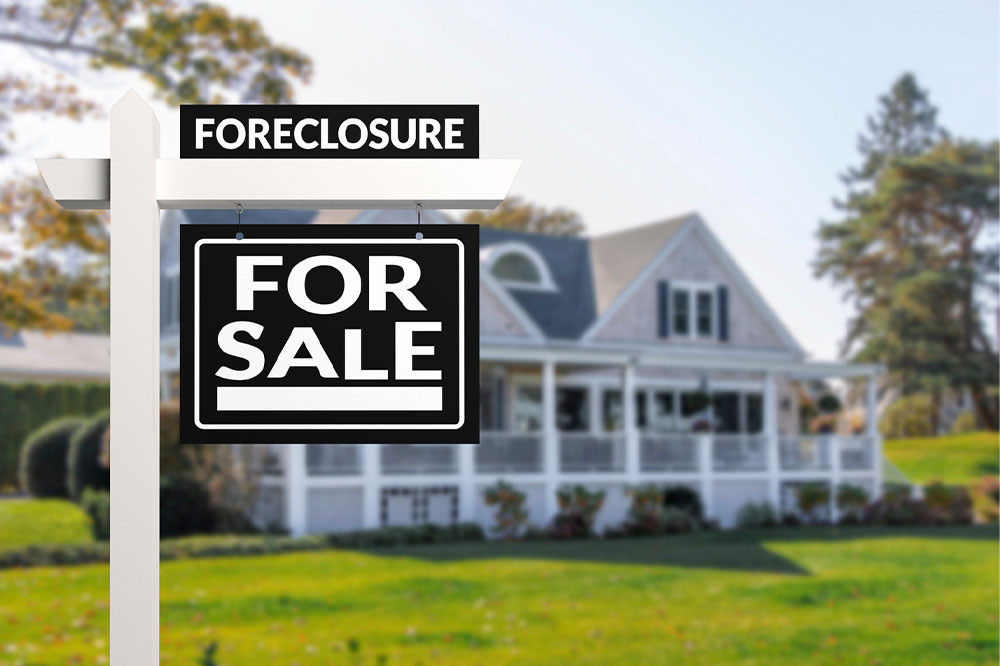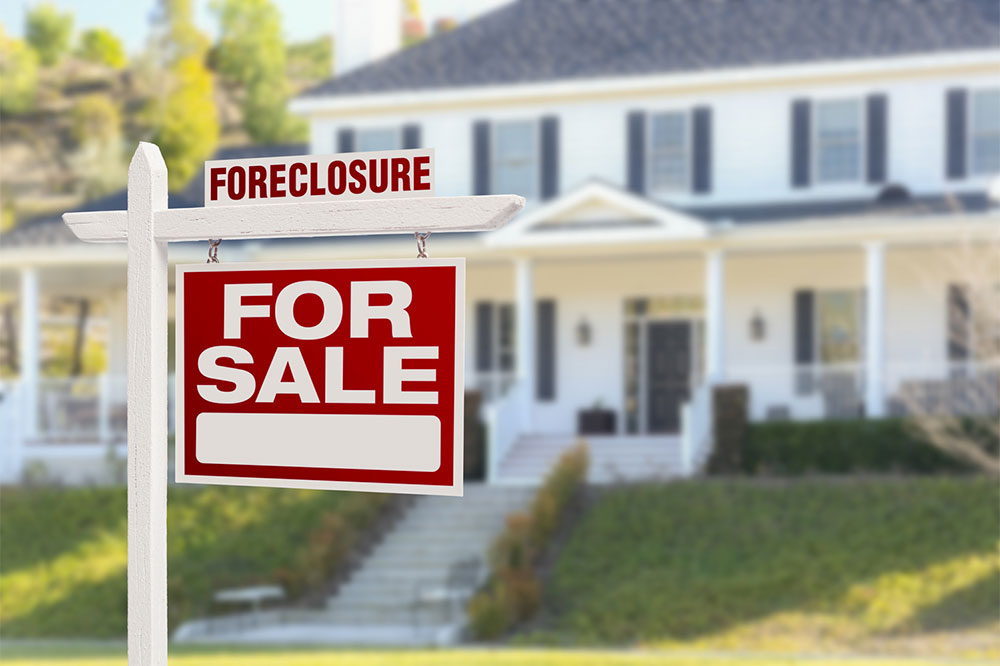Essential Guidelines for Purchasing Foreclosed Properties
Discover essential strategies for purchasing foreclosed properties successfully. This guide covers buying options, working with agents, budgeting, bidding, inspections, and lien resolution. Perfect for investors or homebuyers looking for deals in the foreclosure market, these tips help you navigate the process with confidence and secure profitable properties efficiently.
Sponsored

When homeowners fail to meet mortgage obligations or a property is sold due to unpaid dues, it becomes a foreclosed asset. Acquiring such properties can offer significant savings and investment opportunities. Banks and lenders, seeking to recover losses, often sell these homes. Though less common than before, foreclosures still occur.
This article provides key tips for successfully purchasing a foreclosed property:
Explore your buying options
There are several ways to purchase foreclosed homes:
Short sales
In a short sale, the homeowner sells the property for less than what they owe on the mortgage, but the house remains owned by the homeowner. Buyers must work with real estate agents and often face lengthy approval processes.
Auctions
Purchasing at auction can be faster and may allow buying below market value. However, most auctions require cash or pre-approved financing, and buyers waive inspections, which increases risk.
Bank-owned properties
Lenders sell repossessed homes after foreclosure, usually as-is. Buyers must negotiate through agents and can arrange inspections before finalizing the deal.
Government foreclosure sales
Properties repossessed by government agencies, often due to unpaid federal loans, are similar to bank-owned homes. Buyers are responsible for repairs, and these assets are typically sold as-is.
Hire a knowledgeable real estate agent
Working with an experienced agent is vital. They understand local markets, access multiple listing services, and can identify opportunities that others might overlook. They also guide you through potential pitfalls of buying foreclosures.
Determine your budget
Know your financial limits by considering property taxes, insurance, and mortgage costs. Ideally, these should not exceed 36% of your gross income.
Offer competitively
Foreclosed properties often attract multiple bidders. To stay competitive, bid higher if the market is fast-moving. Get pre-approved if applying for a mortgage, and be prepared to offer near or above the asking price in high-demand areas.
Conduct thorough inspections
Always inspect the property after an offer is made. Inspection costs range from $400 to $800, and should include checks for radon, termites, water, and sewer systems. This knowledge helps prevent unforeseen expenses.
Clear liens and titles
Many foreclosures have multiple loans or liens. Engage a reputable title company to resolve these issues and ensure a clean transfer of ownership before closing.
While purchasing foreclosed homes involves effort and risk, the potential for cost savings and investment gains makes it worthwhile for prepared buyers. Proper research, inspections, and negotiations are essential to secure a profitable deal.






